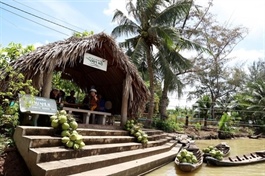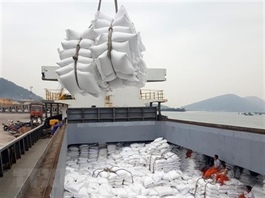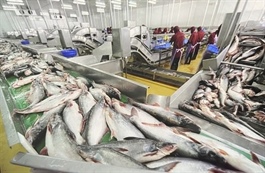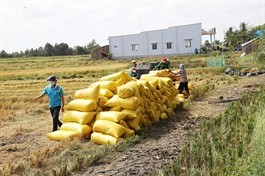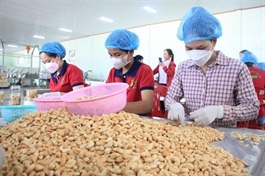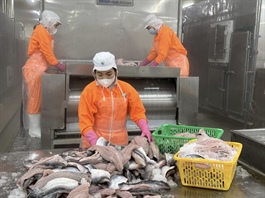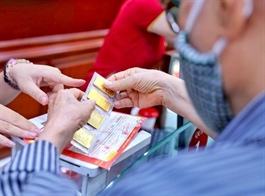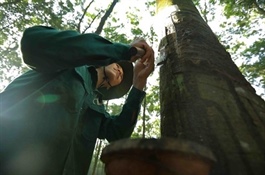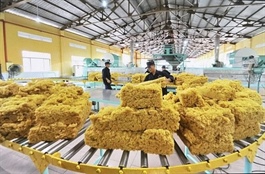Expanding export opportunities for the crocodile industry
Expanding export opportunities for the crocodile industry
The Mekong Delta, particularly Đồng Tháp Province, is recognised for its significant potential for crocodile farming. Recently signed protocols between Việt Nam and China have opened substantial opportunities for the country's crocodile industry, fostering sustainable and stable development.
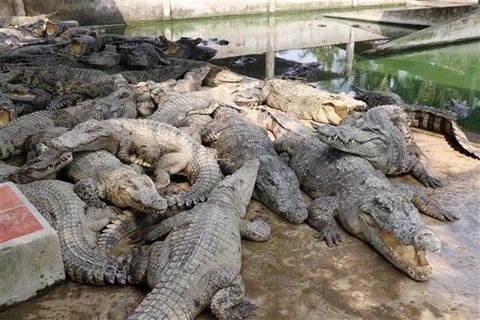
A crocodile farm in the Mekong Delta. — VNA/VNS Photo |
According to the Ministry of Agriculture and Rural Development (MARD), China is the largest importer of live crocodiles from Việt Nam. Currently, more than 99 per cent of live crocodiles exported from Việt Nam are sent to China, along with 29 per cent of salted crocodile skins. Việt Nam also exports crocodiles to markets such as Japan, Thailand, Singapore and several European Union countries.
However, since November 2019, China has halted imports of live crocodiles from Việt Nam, creating challenges for crocodile farms in the southern region, where over 114,000 live crocodiles are ready for export. The negotiation and signing of protocols are seen as crucial to resuming live crocodile exports to China and creating growth opportunities for the industry.
In Đồng Tháp Province, there are currently 36 crocodile farms with a total population of about 190,000 crocodiles. Of these, Mỹ Hiệp Enterprise in Cao Lãnh District farms over 177,000 crocodiles for export purposes. The remaining households primarily raise young crocodiles to sell to other farms for further commercial farming.
Yet Việt Nam's crocodile industry faces several challenges, especially in expanding production and finding new markets. One major issue is the decline in crocodile skin prices, which has caused difficulties for many exporters. To ensure sustainable development, crocodile farms must strictly adhere to export regulations outlined in the protocols, as well as meet disease control and environmental protection requirements.
MARD has called on localities to direct relevant agencies and businesses to carefully study the protocols and develop responsible and sustainable plans. Local authorities also need to approve farming zone plans that comply with both Vietnamese and international laws, while also preventing disease and protecting the environment.
To promote exports, MARD has implemented various measures to support the development of the crocodile industry, including creating information management systems and data on product traceability and disease control. Businesses need to invest in upgrading infrastructure to meet export standards, including hygiene, disease control and environmental protection.
Phạm Thiện Nghĩa, Chairman of the Đồng Tháp People’s Committee, has requested MARD’s assistance in testing for diseases and building a product traceability system. These efforts will help protect the reputation of Vietnamese crocodile products and increase the value of businesses in the crocodile industry.
In the future, MARD agencies will continue to promote awareness and provide guidance to businesses on understanding protocol regulations. At the same time, they will collaborate with Chinese authorities to ensure a smooth export process.







